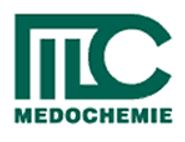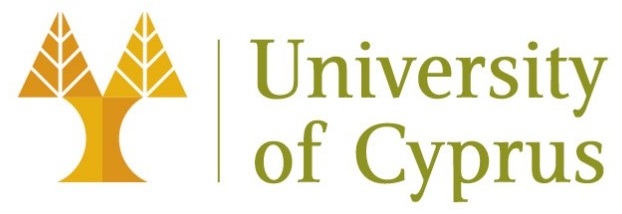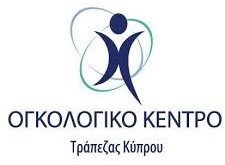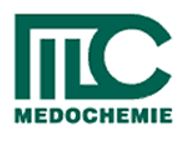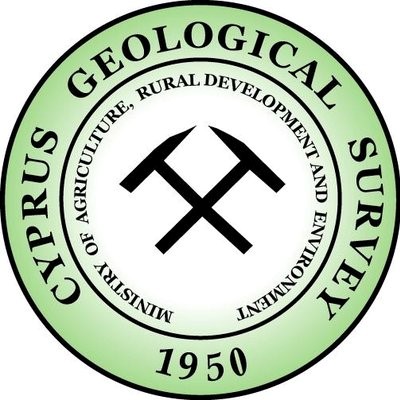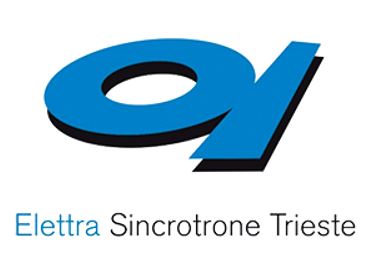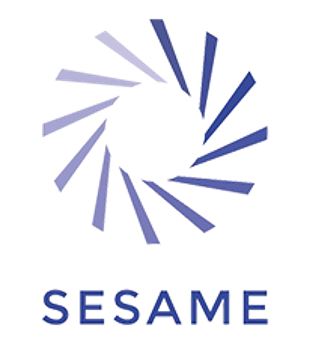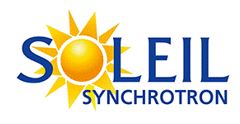Medochemie Ltd was established in 1976 by Dr. Andreas Pittas and has since evolved into the largest pharmaceutical company in Cyprus. Today, Medochemie operates fifteen state-of-the-art manufacturing facilities: nine in Cyprus, one in the Netherlands, and five in Vietnam, all EU GMP certified. Exporting to more than 122 countries, with offices in 19 and an extended network of trusted agents and partners, Medochemie is one of the top 200 generic drug manufacturers globally. The company’s portfolio includes 500 product combinations under 5,145 marketing authorisations, spanning over 10 therapeutic categories, including prescription and over-the-counter medicines.
With a team of 2,000 skilled professionals, 45% of whom are scientists, Medochemie operates with a commitment to excellence, innovation, and strict adherence to international quality standards. Medochemie is proud to contribute significantly to Cyprus' economy, accounting for 28.9% of the country’s industrial exports.
Key Personnel
 Dr Christakis A. Sergides is the head and coordinator of the Analytical and Research Chemistry Labs, Medochemie Ltd, since 1996. He is a reviewer of research scientific journals of Spandidos Publications, and a qualified person, registered with pharmaceutical authorities, Minister of Health, Cyprus. Prior to joining Medochemie, Dr. Sergides was a visiting scientist at the Department of Chemistry, University of Denver, U.S.A. (1995), and a chemist and plant manager of Shell Lubricating plant (1987 – 1994). He held a postdoctoral fellowship at the Department of Chemistry, University of Denver, U.S.A. in 1985 – 1986, using a variety of chemical analytical methods such as gas chromatography/mass spectrometry (GC/MS), Raman, Carbon – 13CP/MAS NMR, Fourier Transform Infrared Spectroscopy, Electrochemical analysis, microgravimetry, scanning electron microscopy and the classical BET surface area determination, to study the structure of n-hexane soot. Also, the physicochemical reactivity of soot with other atmospheric pollutants such as ozone, oxides of nitrogen and sulphur was examined. These studies won the American Chemical Society Research Award. Dr. Sergides received his PhD from the University of Denver (Department of Chemistry, 19811985). He has participated in extensive training session throughout his career, and is an expert in identification of the molecules using different FTIR techniques such as infrared reflection or transmission methods, involving the measurement of drug samples for the identification of functional groups of drug substances. He has published his work in peer reviewed journals.
Dr Christakis A. Sergides is the head and coordinator of the Analytical and Research Chemistry Labs, Medochemie Ltd, since 1996. He is a reviewer of research scientific journals of Spandidos Publications, and a qualified person, registered with pharmaceutical authorities, Minister of Health, Cyprus. Prior to joining Medochemie, Dr. Sergides was a visiting scientist at the Department of Chemistry, University of Denver, U.S.A. (1995), and a chemist and plant manager of Shell Lubricating plant (1987 – 1994). He held a postdoctoral fellowship at the Department of Chemistry, University of Denver, U.S.A. in 1985 – 1986, using a variety of chemical analytical methods such as gas chromatography/mass spectrometry (GC/MS), Raman, Carbon – 13CP/MAS NMR, Fourier Transform Infrared Spectroscopy, Electrochemical analysis, microgravimetry, scanning electron microscopy and the classical BET surface area determination, to study the structure of n-hexane soot. Also, the physicochemical reactivity of soot with other atmospheric pollutants such as ozone, oxides of nitrogen and sulphur was examined. These studies won the American Chemical Society Research Award. Dr. Sergides received his PhD from the University of Denver (Department of Chemistry, 19811985). He has participated in extensive training session throughout his career, and is an expert in identification of the molecules using different FTIR techniques such as infrared reflection or transmission methods, involving the measurement of drug samples for the identification of functional groups of drug substances. He has published his work in peer reviewed journals.


